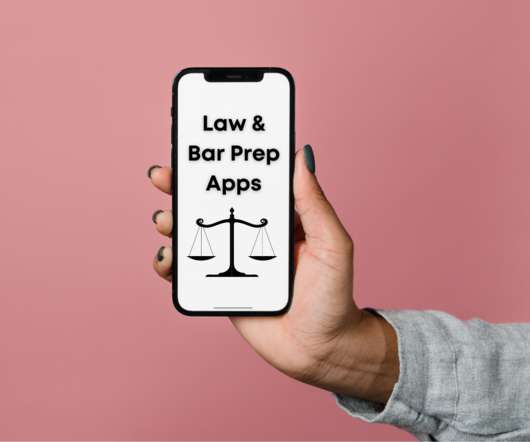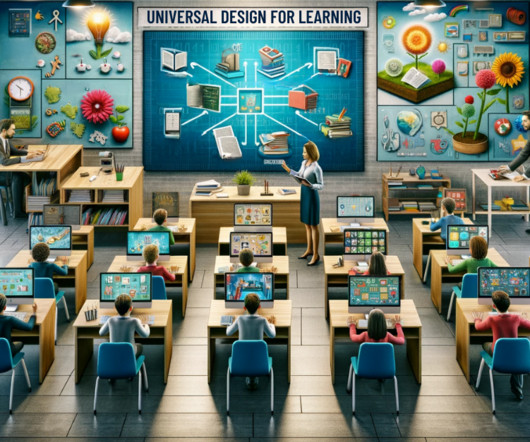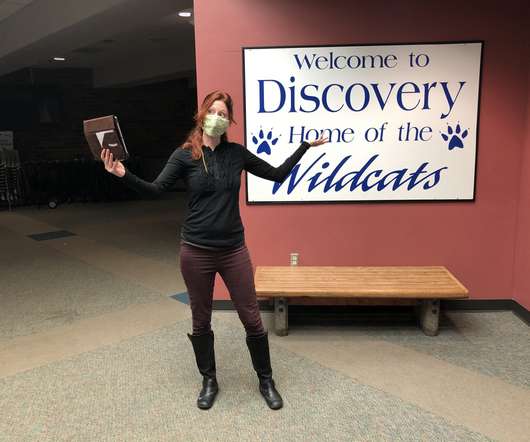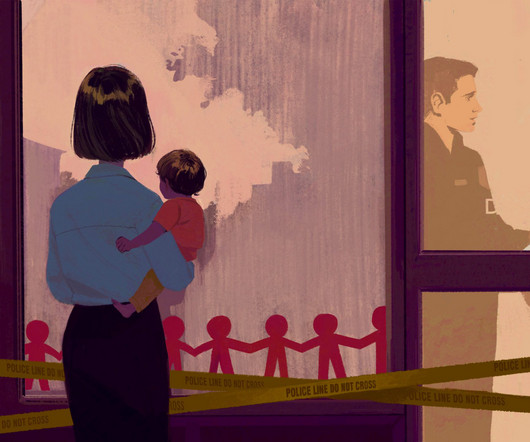Can Virtual Reality Improve Education?
EdTech4Beginners
NOVEMBER 8, 2017
The system is comprised of a peripheral camera originating from 2003, motion controllers first released in 2010, and a headset that emerged from a personal 3D theater in 2012. While virtual reality is still being improved upon, it is definitely on the horizon as an alternative teaching method for schools throughout the world.

































Let's personalize your content